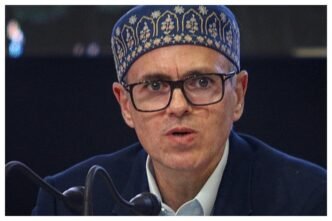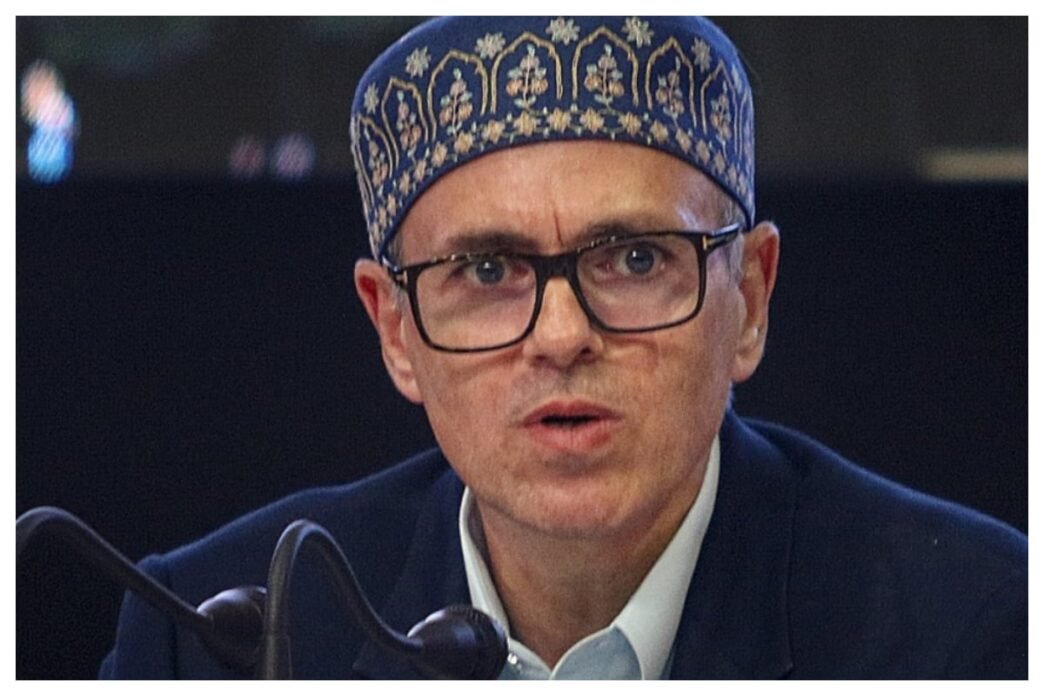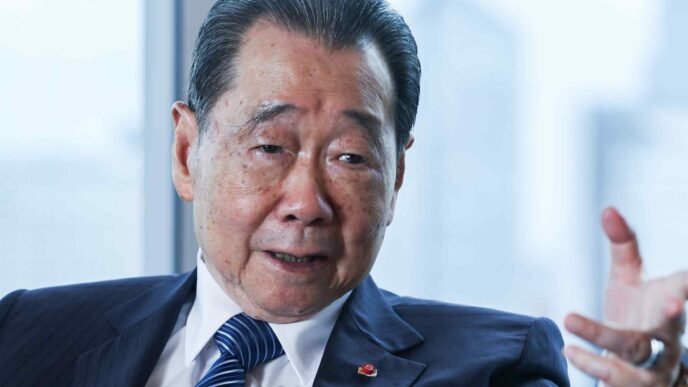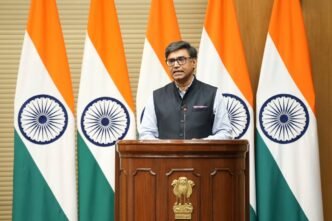Pakistan successful in Pakistan successful in raising Kashmir issue at International levelat International level
Pakistan Successful in Raising Kashmir Issue at International Level, Says Occupied Kashmir Chief Minister (CM)
The Chief Minister of Occupied Kashmir Omar Abdullah, stated that the victims of the Pahalgam incident did not receive justice following India’s attack on Pakistan. However, Pakistan has succeeded in raising the Kashmir issue on the international stage.
In an interview with Indian television Omar Abdullah mentioned that due to the war they have found themselves in a position they did not expect. He added that the United States is showing interest in the Kashmir issue and may take on a role as a mediator or arbitrator. He further stated that many things have changed because of the India-Pakistan conflict but one thing that has not changed is Pakistan’s commitment to taking the Kashmir issue to the international level.
Pakistan Strongly Reacts to Pahalgam Tragedy Willing to Assist India
It should be noted that on April 22nd a shooting at the Pahalgam tourist site in occupied Kashmir led to the killing of 26 people. Pakistan not only immediately condemned the incident but also offered full cooperation to India in conducting a transparent investigation.
However, following the incident, India’s Hindu nationalist party, the BJP, without any evidence, blamed Pakistan for the attack. They used the Pahalgam incident as a pretext for a false flag operation claiming it as justification for Pakistan’s suspension of the Indus Waters Treaty under the mediation of the World Bank.
Pakistan clearly stated that India cannot unilaterally cancel the Indus Waters Treaty and if India stops or diverts the flow of Pakistan’s river waters it will be considered an act of war.
Pakistan’s Strong Message on Water and National Security
Defense Minister Khawaja Asif stated that water is Pakistan’s lifeline. He emphasized that if India builds dams on Pakistan’s rivers Pakistan would destroy those structures. Despite Pakistan’s clear warnings India continued its actions. On the night of May 6th and 7th, India carried out airstrikes on five locations in Azad Kashmir and Pakistan. Pakistan’s armed forces responded decisively, destroying three Rafale jets and five other Indian aircraft.
On May 8th India again sent Israeli-made Hero-P drones to target several Pakistani cities. These drones attempted to attack the ongoing PSL match in Rawalpindi. On the nights of May 9th and 10th India again tested Pakistan’s milit strength but Pakistan’s response was so forceful that India will remember it for a long time.
Pakistan Launches Decisive Counterstrike on Indian Defense Positions
Supported by JF-17 Thunder and J-10C aircraft, Pakistan’s aerial units targeted and dismantled multiple Indian defense setups, including the S-400 system, and inflicted significant damage on enemy bases and outposts. Facing heavy retaliation and mounting pressure, India turned to the United States to mediate a cessation of hostilities. This resulted in both nations agreeing to a truce, later acknowledged publicly by U.S. President Donald Trump via social media.
President Trump later tweeted again, stating that he would work with both Pakistan and India to explore what could be done to resolve the long-standing Kashmir issue.













